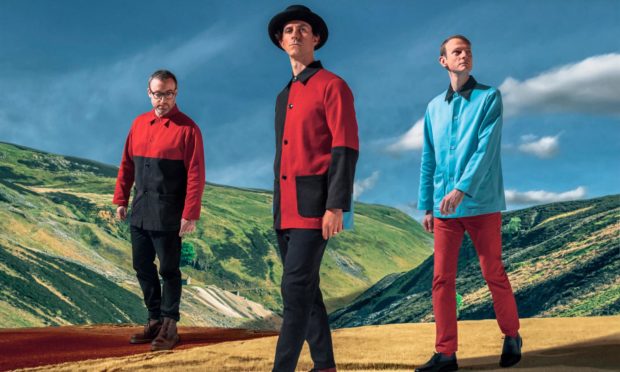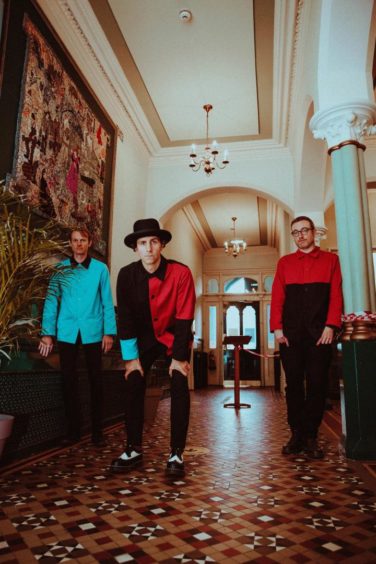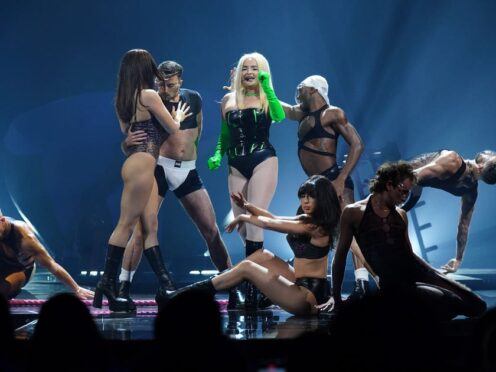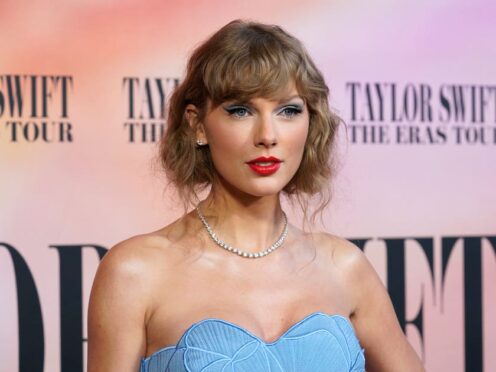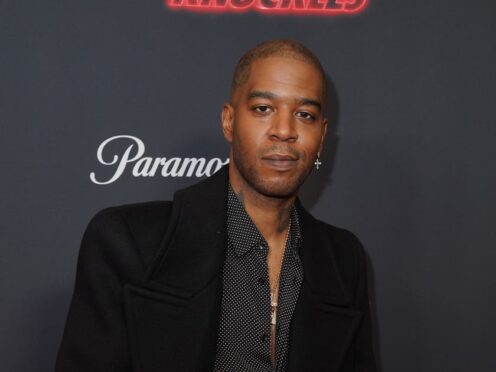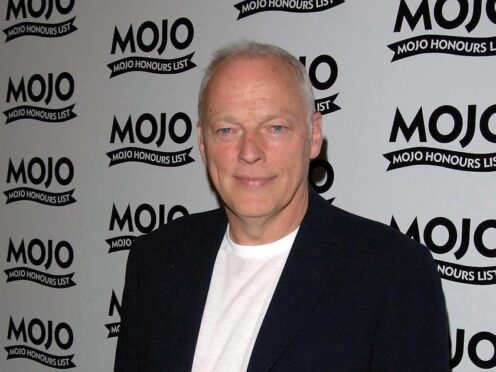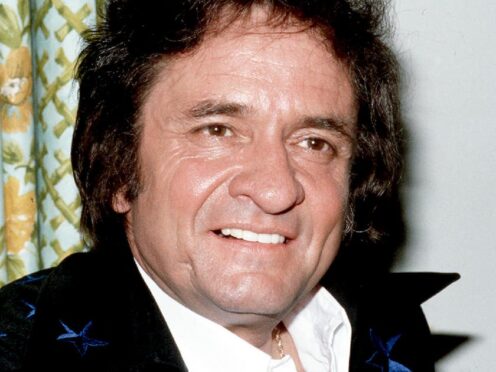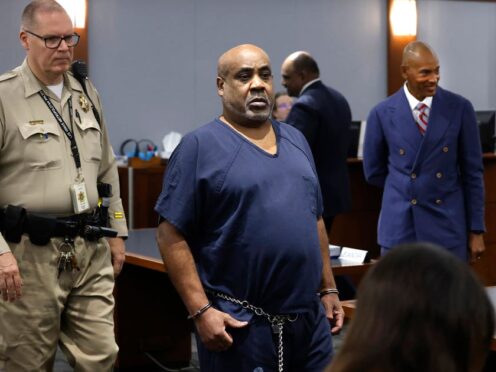A leading musician with plans to tour in Europe has spoken of the “nightmare” Brexit is causing the British music industry.
Paul Smith, the lead singer with former Mercury Prize nominated band Maximo Park, told The Courier that the red tape and visa fees UK artists will face to play in some EU countries when Covid conditions allow will be a “headache”.
Since January 1, when Britain formally left the European Union, musicians and crews can no longer travel freely through Europe while touring.
Instead, they face having to secure a visa and work permit for every EU country on their tours.
Performers and crews have to buy a customs document — known as a carnet – for the movement of equipment.
Musicians are also frustrated that while the music business contributed an estimated £5.8 billion pounds (over $8 billion) to the UK economy in 2019, the fishing industry — which dominated the Brexit trade talks — by contrast, is worth about less than half a billion pounds.
“It will be a headache, there’s no denying it and from my own point of view it’s going to be a nightmare,” said Paul, 42, who hopes the band can play an intimate gig at Fat Sams in Dundee later in the year.
“It’s like when we go to America we have to pay for a lot of visas and quite often when we do American tours, we are just trying to break even because it costs a lot to go there.
“To think we’re now going to have to do that for going to Europe after having a career and a great fan base – especially in Germany – that allowed freedom of movement.”
Other practical issues
Paul said that unless problems were resolved, there would be other practical issues too.
“It’s the idea that we can’t now take our buses over because you are only allowed two drop offs in a seven day period before the bus has to go back which means we are going to have to employ different people over there, again losing British jobs, to try and get round that,” he added.
“People who are British crew will have to lower their fees because we’ll have to trim the costs if we are even going to do it, and that’s a band at our level. There are some at lower level starting out, they’ve got to deal with all of these new costs.
“And then you get to all the documentation. For tax, we won’t be able to take our t-shirts with us and earn our petrol money to the next place and pay for your bus driver.
“If you have to stop at the borders which is what’s anticipated to circulate the new documentation, you are probably not going to get to the gig on time to sound check.
“So then you are going to have to pay people extra days just to go through border control and go through all the different documentation. It is totally impractical.”
EU income
Paul said that according to the Musicians Union, 49% of touring musicians’ income comes from the EU.
Even if they manage to do it, income will be severely diminished due to all the extra costs they are going to have to deal with.
The issues were recently raised by music stars including Sir Elton John and Radiohead.
But Culture Minister Caroline Dinenage said in February the UK government had “pushed” for a solution and the door was still “open”.
She told MPs that the government had put forward a “very straightforward” plan to allow musicians to travel without work permits, drafted “in consultation with experts from the UK to creative sectors”. She added: “Quite simply the EU rejected this proposal.”
Brussels has previously argued the opposite, saying it was in fact the UK that turned down its offer.
Earlier in March, eu+me, a politically non-partisan network of pro-Europeans making the positive case for Scotland and the wider UK’s future in Europe, launched a mini campaign on the impact of Brexit on the music industry.
It launched its campaign with a premiere of a short film featuring interviews and performances from a number of Scottish artists and leading figures from music and the performing arts.
*For a fuller interview with Paul Smith of Maximo Park, see The Courier’s Weekend magazine of March 27.
